QuestionI have just recently bought a 70 Litre fish tank. I have et up the filter, gravel, rocks and water and before I put anything live in there I wanted to know about the water cycle? what is it and how does it affect the time i should wait before adding plants and fish? Thankyou.
AnswerDear Erin,
Congrats on the new aquarium!
The water cycle simply means allowing your aquarium to establish special beneficial bacteria colonies whom grow and colonize every surface in your aquarium and in the filter. They are the ones responsible for keeping water clean and healthy for fish. This is because they remove and convert ammonia into less toxic compounds because ammonia is very dangerous to all fish even in tiny amounts.
These bacteria are present in all established aquariums and without them keeping aquarium fish healthy longterm would not be possible.
A newly setup aquarium is devoid of these bacteria and this is why it is so important NOT to immediately stock your aquarium with a lot of fish because without sufficient bacterial colonies, the fish can literally poison themselves... :( But it's excellent you are asking before going out and stocking your new aquarium!!
~But these special bacteria also take a long time to established themselves in your aquarium because they are slow growing. An average of 4-6 weeks. It just depends upon your individual aquarium.
"Cycling" is done by first providing a food source (ammonia) for the bacterial to begin establishing. This can be either by adding 1-2 hardy "cycling" fish until the aquarium is established. Or by fishless cycling, going this route is much more humane for the fish since they are not exposed to ammonia or nitrite levels. You can read all about fishless cycling by visiting-
"www.fishtanksandponds.info/setting-up/cycling/fishless_cycling.htm"
If you go by the old and traditional way, you would add a few hardy fish such as Black skirt tetras and wait until the aquarium cycles completely before stocking it with the fish you were planning on.
This method can be done safely and without any serious harm to the little cycling fish. But you must have a reliable test kit for ammonia and nitrite and also preferably nitrate too. Liquid tests seem to be the most accurate. Here's what you would do when cycling with fish-
1.) Add about 2 hardy fish (example- Black skirt tetras)
2.) Test the ammonia the next day, if it has risen and is above safe bounds, do an immediate 30-50% water change. (always insure the replacement water is equal in temperature to that of your aquarium and insure it is dechlorinated everytime)
3.) Feed the fish VERY lightly during this time
4.) Continue testing everyday and taking note of your ammonia and nitrite levels. Again, if any of these go above safe bounds do a 30-50% water change.
5.) Depending upon your individual situation, usually you will see your ammonia levels rise and then fall, and then nitrite appears and rises and falls while ammonia may begin declining. Later, Nitrate will begin to appear. It's when your ammonia and nitrite levels have consistantly dropped to zero and nitrate has risen that your aquarium has finally cycled!
6.) You can then begin to slowly add a few fish per week. Making sure to test the day after each new arrival (no more than 3-4 small fish per week)for any possible ammonia, nitrite spikes. Should you get any, it's time to do a good water change and pull out your patience again to let this "mini-cycle" finish before continuing.
7.)*Remember, the most responsible thing you could do before actually even owning a fish is to research it's needs before hand. And it is the first step in responsible fishkeeping and sucess. ;-)
(By the way, plants can be added anytime while your tank is setup. Aquatic plants will help absorb some ammonia and other pollutants a cycling aquarium produces. I highly recommend you use lots of aquatic plants! )
Well, I really hope this has answered your questions thoroughly, erin, I wish you only the very best with your new aquarium!!
Happy fishkeeping!
Karen~

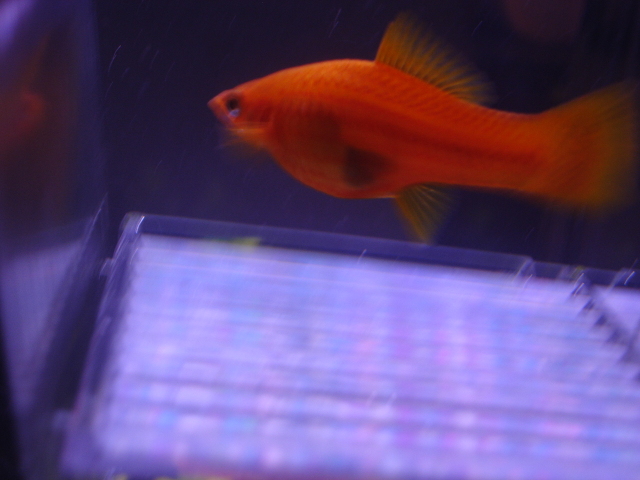 When will she give birth?
Questionpic 1
QUESTION: Hi,
I have a community
When will she give birth?
Questionpic 1
QUESTION: Hi,
I have a community
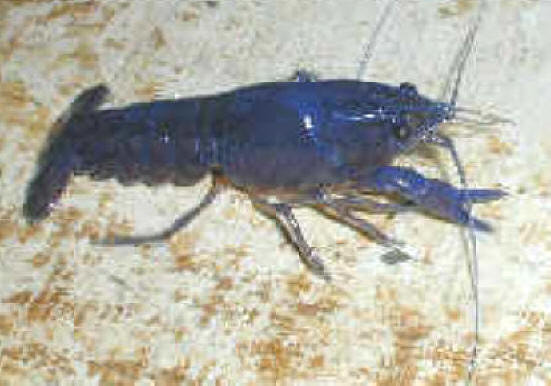 Blue lobster
Questionblue lobster
QUESTION: Hi Richard,
Can a
Blue lobster
Questionblue lobster
QUESTION: Hi Richard,
Can a
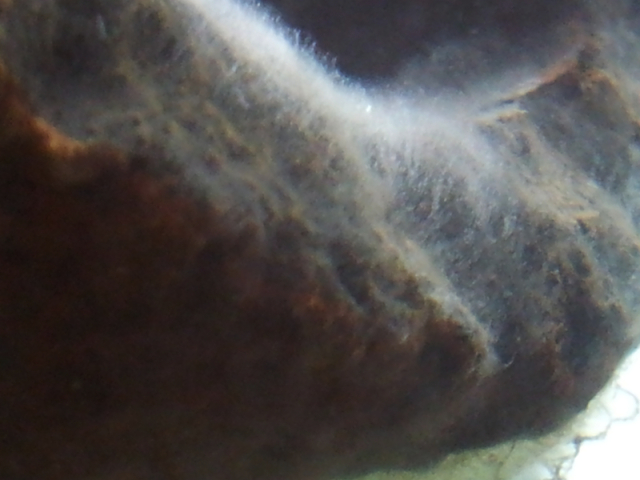 White Algae?
Question
White Fuzz in Aquarium
I have a 7.9 gal
White Algae?
Question
White Fuzz in Aquarium
I have a 7.9 gal
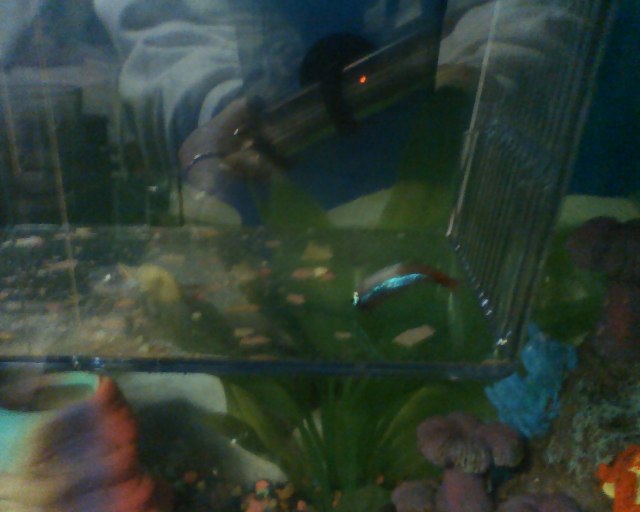 Whats wrong with my fish? Can you please help me?
Question
Neon Tetra tail bent
Hi I was emailing
Whats wrong with my fish? Can you please help me?
Question
Neon Tetra tail bent
Hi I was emailing
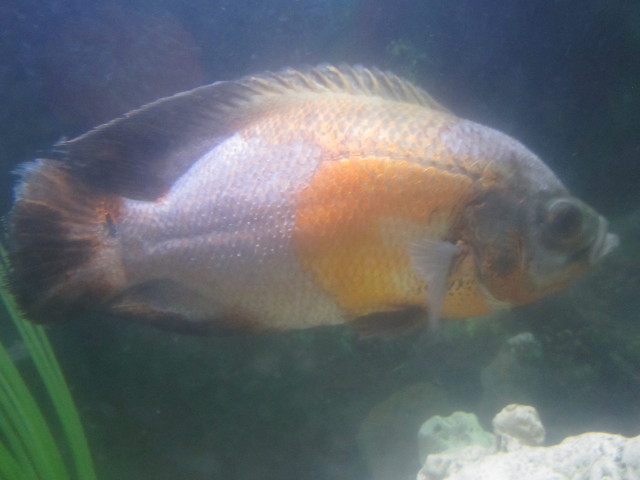 really sick tiger oscar
Question
tiger oscar
I have a tiger Oscar that seems to
really sick tiger oscar
Question
tiger oscar
I have a tiger Oscar that seems to